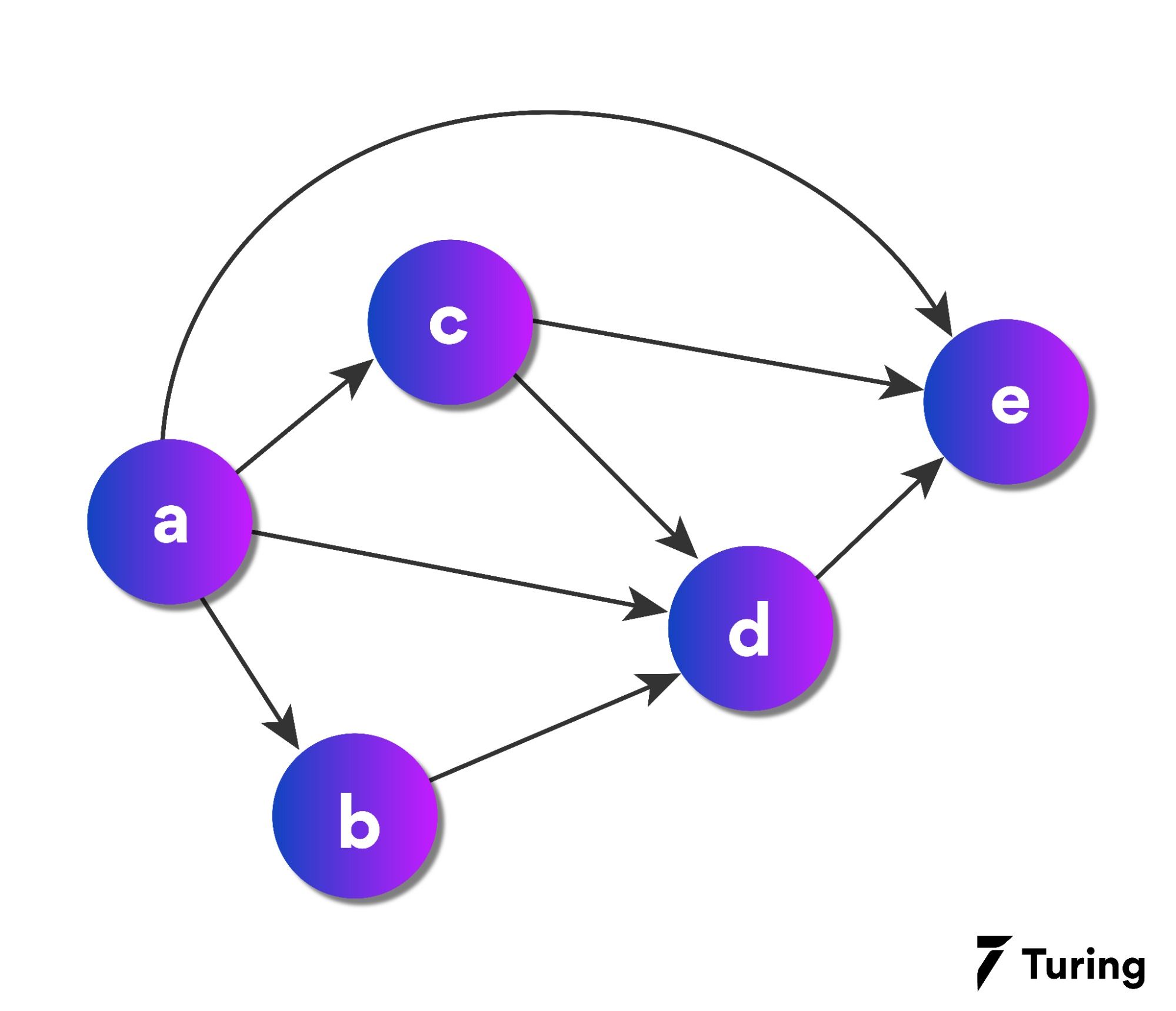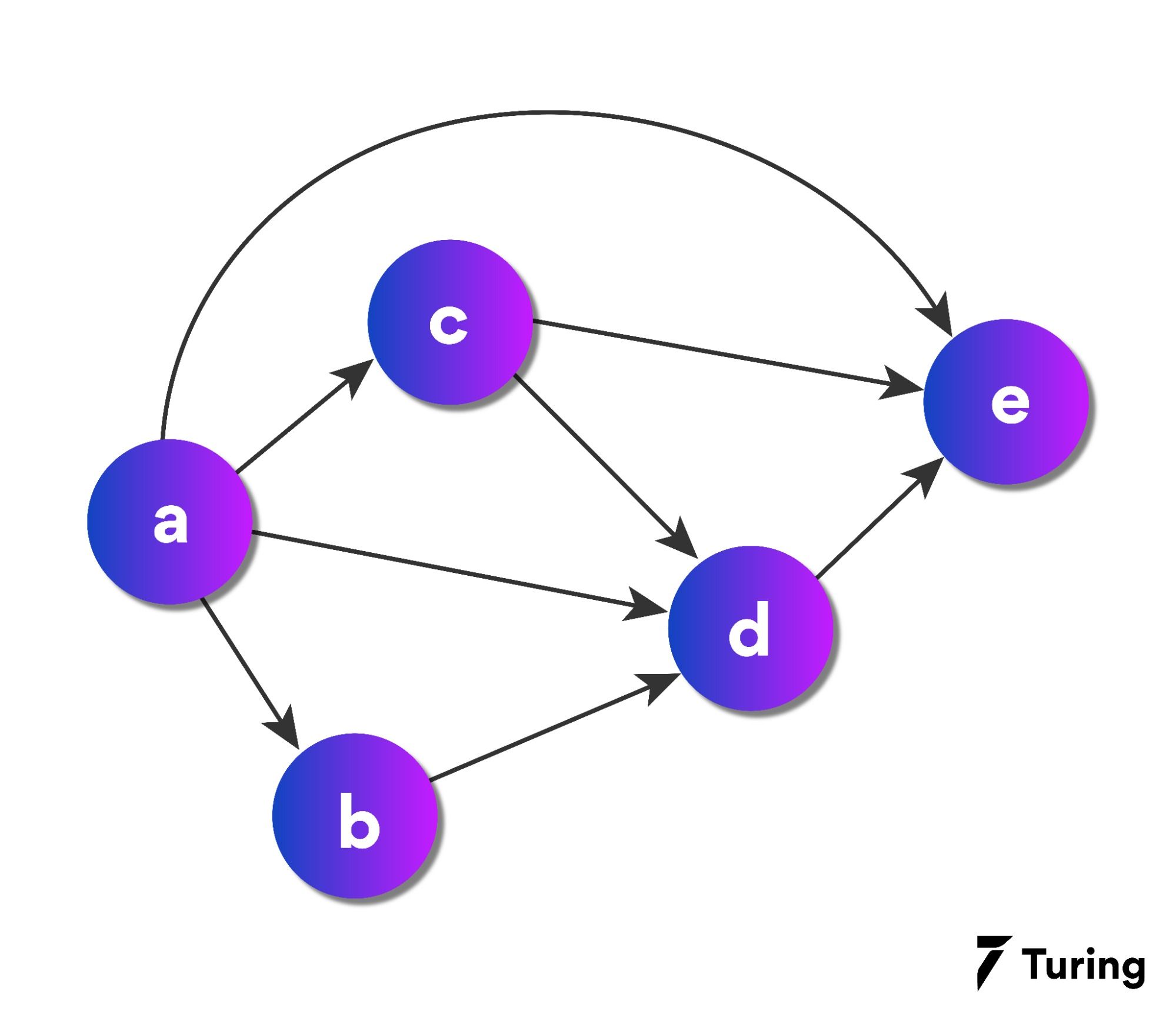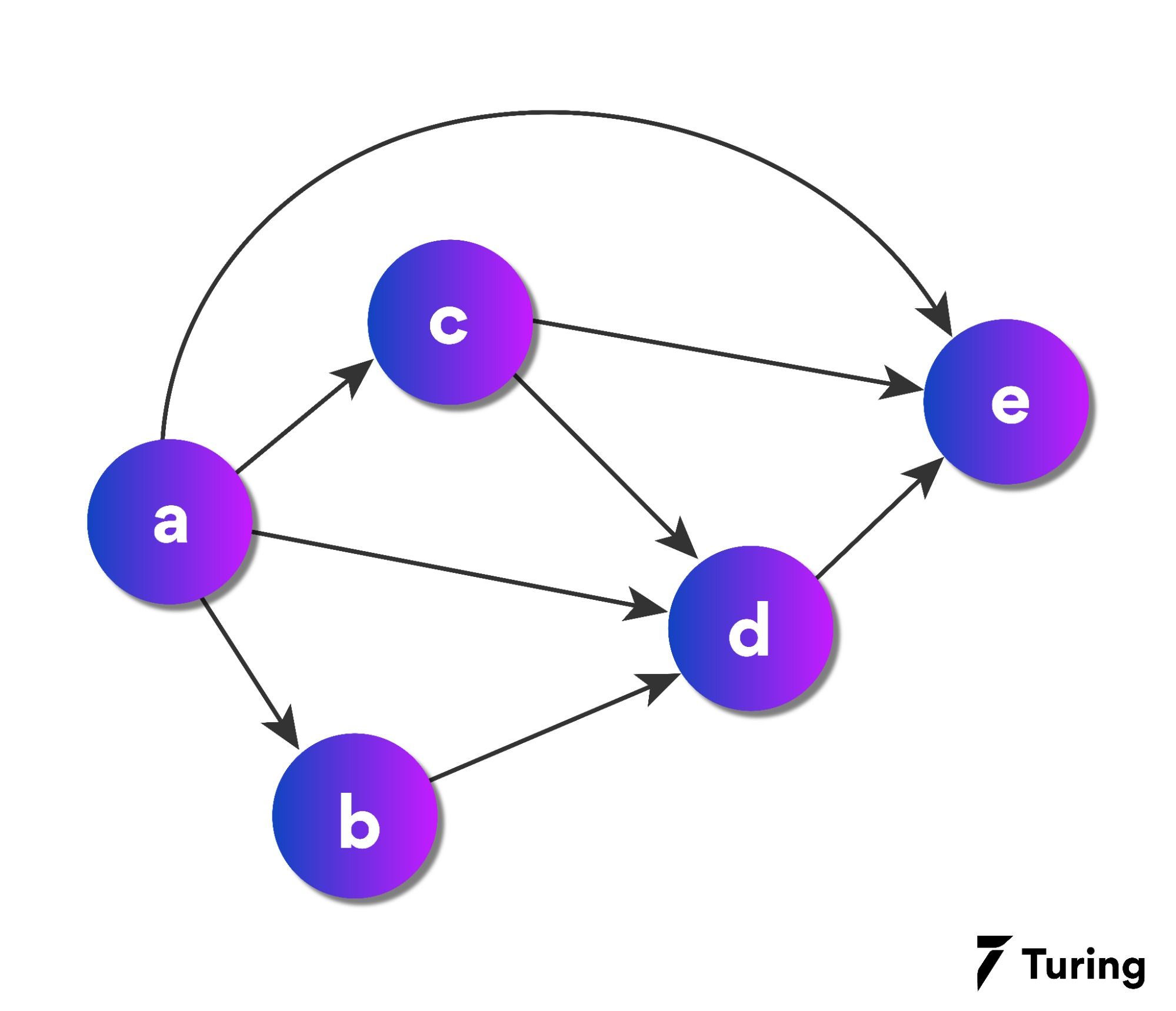Exploring Bayesian Networks in AI: A Guide to Enhancing Decision-Making
Unlocking Decisions with Bayesian Networks in AI
In the ever-evolving landscape of Artificial Intelligence (AI), the application and implementation of complex theoretical concepts have paved the way for significant breakthroughs. Among these, Bayesian Networks (BNs) have emerged as a powerful tool for modeling uncertainties and making probabilistic inferences. In this exploration, I aim to shed light on the crucial role of Bayesian Networks in AI, especially in decision-making processes, reflecting on its scientific implications and my professional experiences in AI and machine learning.
The Backbone of Probabilistic Reasoning: An Introduction to Bayesian Networks
Bayesian Networks, also known as Belief Networks or Bayes Nets, represent a graphical model that encapsulates the probabilistic relationships among a set of variables. What makes BNs particularly potent is their ability to model complex, uncertain systems in a coherent, understandable manner. This is achieved by decomposing the joint probability distribution of a set of random variables into a product of conditional distributions, each associated with a node in the network.

Leveraging Bayesian Networks in AI Applications
The versatility of Bayesian Networks finds its applications across various domains within AI, including but not limited to, diagnostic systems, risk assessment, decision support systems, and machine learning. My experience at DBGM Consulting, Inc., particularly with machine learning models, demonstrates how Bayesian Networks can enhance predictive analytics and decision-making processes. For instance, in healthcare diagnostics, BNs can effectively manage and interpret the vast amount of patient data, accounting for the uncertainties and complexities inherent in medical diagnosis.
The Scientific Validity Behind Bayesian Networks
The foundation of Bayesian Networks lies in Bayes’ Theorem, a cornerstone of probability theory, which allows us to update our beliefs in light of new evidence. This theorem underpins the logic of BNs, enabling them to handle incomplete or uncertain information robustly. The expansion of this concept into networks where nodes represent variables and edges signify direct influences among these variables, adheres to strict mathematical rigor, providing a structured way to handle dependencies and causal relationships.
Case Studies: Practical AI Improvements Through Bayesian Networks
- Automated Recommendation Systems: By analyzing consumer behavior data, BNs can predict future purchases, enhancing user experience and boosting sales.
- Environmental Modeling: BNs aid in understanding the complex interdependencies within ecological systems, aiding in conservation efforts.
- Risk Management: In finance, BNs provide insights into potential risks and their impacts, facilitating better strategic decision-making.

Challenges and Ethical Considerations
Despite their versatility, Bayesian Networks are not without challenges. The accuracy of the inferences drawn from BNs heavily relies on the quality and comprehensiveness of the data input into the model. Additionally, constructing larger networks requires meticulous effort to ensure accuracy and relevancy of the connections. Ethical considerations also come into play, especially in the handling of sensitive data and the potential for bias in the models’ inferences, highlighting the importance of transparency and accountability in AI systems.
Conclusion
The integration of Bayesian Networks in AI represents a synthesis of statistical reasoning with technological advancements, offering a dynamic tool for navigating the uncertainties inherent in complex systems. Through my work in AI, specifically at DBGM Consulting, Inc., and academic pursuits at Harvard University, I have witnessed the remarkable capabilities of BNs to enhance decision-making and predictive analytics. As we continue to push the boundaries of what AI can achieve, the exploration and refinement of Bayesian Networks remain pivotal in the quest to unlock the full potential of intelligent systems.

Focus Keyphrase: Bayesian Networks in AI









As someone deeply immersed in the world of AI and machine learning, I’ve been fascinated by the transformative potential of Bayesian Networks in decision-making processes. This article shares insights from my professional experiences and academic pursuits, aiming to illuminate the significant impact of Bayesian Networks in AI. My journey with DBGM Consulting, Inc., and academic exploration at Harvard University have reinforced my belief in the necessity of unpacking these complex yet invaluable tools for advancing intelligent systems. Through this exploration, I hope to contribute to the broader conversation on pushing the boundaries of what AI can achieve, grounding our technological advances in rigorous scientific understanding and ethical considerations.
While the potential of Bayesian Networks in AI is undoubtedly impressive, I’m cautious about how these systems handle and interpret sensitive data. The emphasis on ethical considerations is a step in the right direction, but it’s crucial we remain vigilant about the implications of these technologies in real-life applications, especially concerning data privacy and bias in decision-making processes.